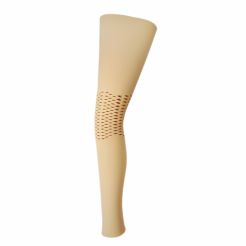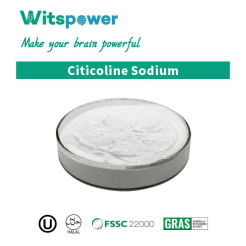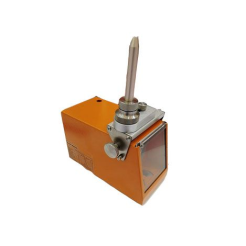Dexamethasone Sodium Phosphate Injection 0.2%
Dexamethasone is a synthetic corticosteroid and possesses glucocorticoid activity. Dexamethasone sodium phosphate is a salt of dexamethasone that is particularly suitable for intravenous administration because it is highly water soluble permitting administration of relatively large doses in a small volume of diluent.
Product Description
Dexamethasone Sodium Phosphate Injection 0.2%
For veterinary use only.
Composition:
Contains per ml:
Dexamethasone base..................2mg
Solvents ad...................................1ml
Clinical Pharmacology:
Dexamethasone is a synthetic corticosteroid and possesses glucocorticoid activity. Dexamethasone sodium phosphate is a salt of dexamethasone that is particularly suitable for intravenous administration because it is highly water soluble permitting administration of relatively large doses in a small volume of diluent. Dexamethasone, as a steroid, is equivalent in potency to some established steroids while being considerably more potent than others. In the case of the dog, dexamethasone is found to be about equivalent in dosage to prednisone by about 30 to 40 times more potent than prednisolon.
Indications
Dexamethasone is as an anti-inflammatory agent used as follows :
Horses, cattle, pigs, dogs and cats: Treatment of inflammatory or allergic conditions;
Cattle: Induction of parturition and treatment of primary ketosis (acetonaemia);
Horses: Treatment of arthritis, bursitis or tenosynovitis.
Dosage and Administration:
For intravenous or intramuscular injection. Normal aseptic precautions should be observed.
Cattle and Horses 1ml per 25kg body weight.
Cats and Dogs: 1ml per 10kg body weight.
Contraindications:
Do not use in viral infections during viremic stage. Except when used for emergency therapy, dexamethasone sodium phosphate is contraindicated in animals with tuberculosis and chronic nephritis. Existence of congestive heart failure, osteoporosis and diabetes are relative contraindications. In the presence of infection appropriate antibacterial agents should also be administered and should be continued for at least 3 days after discontinuance of the hormone and disappearance of all signs of infection.
Warnings
Clinical and experimental data have demonstrated that corticosteroids administered orally or by injection to animals may induce the first stage of parturition if used during the last trimester of pregnancy and may precipitate premature parturition followed by dystocia, fetal death,retained placenta and metritis.
Additionally, corticosteroids administered to dogs. rabbits, and rodents during pregnancy have produced a cleft palate. Other congenital anomalies including deformed forelegs, phocomelia, and anasarca have been reported in offspring of dogs which received corticosteroids during pregnancy.
Precautions:
Because of the anti-inflammatory action of corticosteroids, signs of infection may be hidden and it may be necessary to stop treatment until diagnosis is made. Over-dosage of some glucocorticoids may result in sodium retention, fluid retention, potassium loss and weight gains. In infections characterized by overwhelming toxicity, dexamethasone sodium phosphate therapy, in conjunction with indicated antibacterial therapy, is effective in reducing mortality. It is essential that the causative organism be known and an effective antibacterial agent be administered concurrently.
Withdrawal Period from the last day of treatment:
Meat: 21 days
Milk: 72 hours
storage
store in a dry place below 30℃, protect from light.
Email: hrzs_vetpharm2023@yeah.net
Mob.: +86 182 3310 7163
WeChat: +86 182 3310 7163
Whatsapp: +8618233107163
Add.: No.27, Huangguan Road, Xinzhaidian Town, Zhaoxian County, Hebei Province, China






